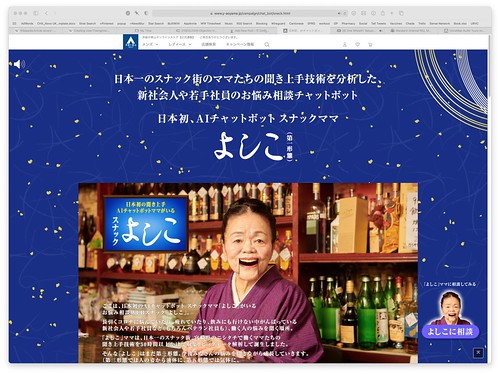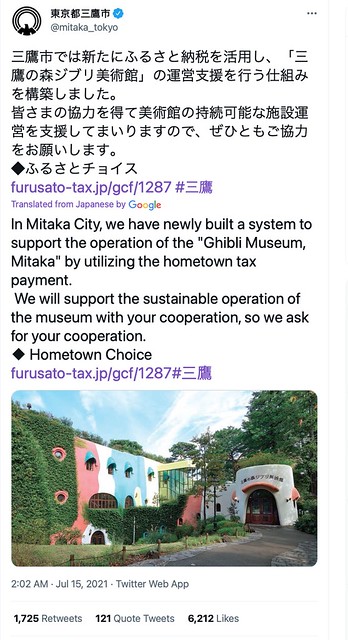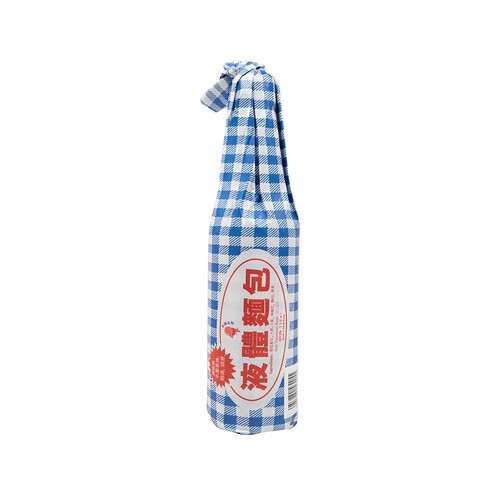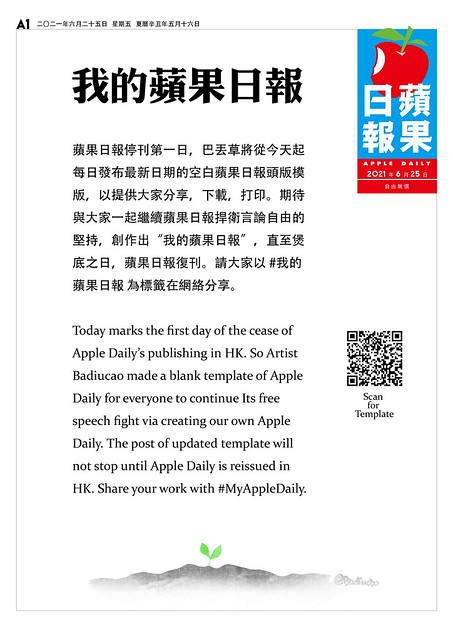Machine learning powered services
Intelligent Relations – Matt Muir nails this in his take down of their machine learning powered media relations platform – Vapid, largely-pointless busywork which despite its almost universal lack of import is nonetheless treated by its practitioners as somehow REALLY VITAL and with a reverence normally reserved for stuff that matters rather than with the disregard appropriate for an industry staffed largely by double-figure-IQ morons. Anyway, that’s all by way of preamble to the introduction of Intelligent Relations, a new company which is set to make PR even worse if you can imagine it. Intelligent Relations (it sounds…it sounds like an escort agency for the sort of people who bother applying to Mensa, is what it sounds like) is PR, but with AI! That’s right, AI! The MAGICAL SECRET SAUCE that makes EVERYTHING BETTER and definitely isn’t a sign that someone is attempting to sell you some magic beans! Just listen to this – “GPT-Powered Outreach, 24/7 analysis of all relevant public event data to identify opportunities and pitch your company’s stories faster than the competition…Relentless customized global outreach based on AI-ranked relevancy to your brand. Generate responses that start, nurture, and build personal relationships with media influencers. Put your execs and your company in the heart of the conversation. No agency. You own your relationships – not your PR firm…Precisely worded campaigns, aggressively scaled with technology. Faster than humans, more personal than email blasts.” So, er, you are outsourcing the writing of pitch emails, and followups, to a machine? Have, er, you read any non-tweaked GPT-3 generated copy recently? – All of this stuff about machine learning powered media relations reminded me of the start of my agency career.
I was working with an agency that was part of the Interpublic Group. We were riding the technology boom of the mid-to-late 1990s. This was a series of booms that were inter-related.
- Telecoms boom, came from deregulation, the rise of data services, globalisation and the internet
- Enterprise software boom driven by Moore’s Law, the ability to interconnect systems and exchange data at rates previously unseen. There was a strong incentive to replace old systems due to concerns about the millennium bug
- Mobile boom as GSM networks and their CDMA equivalent democratised the mobile phone and allowed for nascent data services
- The dot.com boom as companies built service layers over the top of data networks. Much of the ambition was way ahead of where technology was
- Hardware boom. Businesses and consumers needed to get online
Our CEO at the time Larry Weber came over to the office in Covent Garden, met clients and held court. He turns around to the junior staff and tells them how soon they won’t have to worry about manually contacting journalists or compiling status reports. Instead, the contact work will be outsourced to the Philippines (thanks to the telecoms boom). And data that was entered once in the company intranet WeberWorks would through the power of Lotus Notes be diced into the reports that the clients needed.
WeberWorks in its first iteration was a proof of concept, not a viable product. Though I believe that the successor agency Weber Shandwick stuck with developing the platform.
22 years later and agency life faces much the same problems, except an algorithm is touted to replace Filipino call centre workers in this scenario. What does machine learning powered media relations have that a Filipino call centre doesn’t? How will the PR profession grow when the on-ramp for people to learn how it works is now taken over by a machine learning powered media relations service instead?
A lot of PR technology is based on the expectation that (machine learning powered) content will be fed into a media sausage factory and coverage will come out. But relationships are important, as journalists get hundreds of pitches and press releases per day.
Consumer behaviour
Phoenix eyes’ on catwalk of mainland academy’s fashion gala draw fire for insulting China |Appledaily – Some netizens accused the university of humiliating China after a video of the event on YouTube showed that most of the models either had an eye shape known as phoenix eyes, or were using eyeliner to present the same appearance. The eye shape, which is identified by a slight upward lift at the outer corner of the eye, is considered a desirable facial feature. However, some people regard it as a harmful stereotype reinforced by Western culture and the fashion industry. One influential blogger on Weibo, China’s dominant social media platform, said that because this look conforms with the stereotypes of ethnic Asians it carries a meaning of serious humiliation – this might be what passes for woke in China. The story was originally published in the English version of the Apple Daily Hong Kong on June 21, 2021 three days before the paper closed down. I have linked to to a Wayback Machine archive of the article.
Political trolling twice as popular as positivity, study suggests – BBC News – unsurprising as taps into system 1 thinking
Economics
Competition and concentration | Financial Times – The 1980s financialisation of the US economy created a mindset that manufacturing did not matter — and that it should therefore be shifted to lower-cost labour markets. The high value-added stuff, including R&D, would remain onshore. It didn’t turn out like that. Like any other activity in life, manufacturers learn by doing, which means that the most effective innovation usually takes place alongside production. That’s why so many of America’s most impressive companies, including Intel, shifted a lot of their R&D to China – great take on globalisation here. It also gives a sense of where the FT’s view is on the process
Private equity ‘raid’ on UK companies sparks furious row in City | Financial Times – best quote in the comments ‘The British should be relieved to have their assets stripped by relatively familiar, relatively transparent organizations. It may be the Chinese next.’
The Evolution of Corruption in China | Foreign Affairs – corruption comes in distinct flavors, each exerting different social and economic harms. The public is familiar with three main types. The first is petty theft: police officers shaking down people on the street, for example. The second is grand theft: national elites siphoning off massive sums from public treasuries into private accounts overseas. The third is speed money: petty bribes paid to regular officials to bypass red tape and delays and grease the wheels of bureaucracy. All three types are illegal, vociferously condemned, and rampant in poor countries. But corruption comes in another, more elusive variety: access money. In this kind of transaction, capitalists offer high-stakes rewards to powerful officials in exchange not just for speed but also for access to exclusive, lucrative privileges, including cheap credit, land grants, monopoly rights, procurement contracts, tax breaks, and the like. Access money can manifest in illegal forms, such as massive bribes and kickbacks, but it also exists in perfectly legal forms – I was thinking of the favoured firms during the British empire and the chaebols during the Park presidency in South Korea. The chumocracy of UK politics is closer to speed money
Ideas
Digital Addiction Hunt Allcott, Matthew Gentzkow, and Lena Song (NBER.org working paper) – Many have argued that digital technologies such as smartphones and social media are addictive. We develop an economic model of digital addiction and estimate it using a randomized experiment. Temporary incentives to reduce social media use have persistent effects, suggesting social media are habit forming. Allowing people to set limits on their future screen time substantially reduces use, suggesting self-control problems. Additional evidence suggests people are inattentive to habit formation and partially unaware of self-control problems. Looking at these facts through the lens of our model suggests that self-control problems cause 31 percent of social media use. – or in other words social media is like big food, the illegal drugs industry, alcohol, tobacco and gambling (PDF)
Innovation
Losing sight of the Future – Noahpinion – interesting article but the author forgets about energy density as an issue in their own predictions whilst mentioning it as a flaw in prior ones
Marketing
The fashion marketing shake-up: As Instagram, Facebook costs surge, where next? | Vogue Business – marketing inflation is hitting the fashion industry as platform and influencer costs surge, but sales don’t. More online related content here.
North Face Owner Pulled Xinjiang Criticism, Then Reinstated It – WSJ – VF Brands struggling to navigate divergent Chinese and western markets. Its not been a good week for VF Brands as the Futurelight logo court case with Futura is bring a lot of unwelcome attention to the North Face brand and may blow on to its Supreme brand.
McDonald’s, Wendy’s Cut Back Value Meals, Focus on Pricier Food – this is partly inflation. But I think that they are working an angle to squeeze premium burger brands: Five Guys, Gourmet Burger Kitchen (GBK), Byron Burger and similar
Retailing
S.Korea retailer E-Mart buys eBay’s S.Korean business for $3 bln | Reuters – purchased by Shinsegae – part of Samsung chaebol
Technology
Panasonic defends $7bn Blue Yonder deal after questions over price | Financial Times – interesting that Panasonic bought Blue Yonder. Blue Yonder is a supply chain software provider
Wireless
EE to reintroduce Europe roaming charges in January – BBC News – EE, which is part of BT Group, previously said it had no plans to reintroduce roaming charges in Europe. – No plans meant that they didn’t have their act together at that time, typical BT in other words




